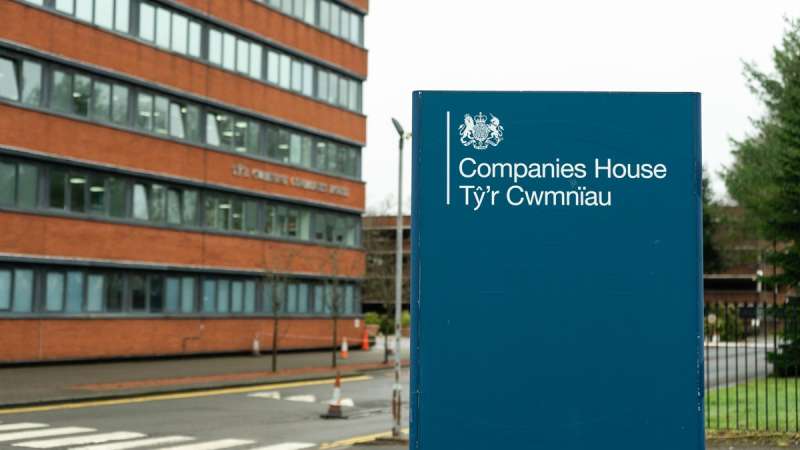What Are Employee Share Option Schemes?
We have seen a greater take up in employee share option schemes having seen successions of governments and think tanks promoting their benefits.
The main reasons that share schemes are used is to:
- Attract individuals to a senior role or to retain them over a long period of time
- Motivate senior employees to increase performance and achieve greater targets
- Get more “buy in” from employees as it allows them to share in the success of the company
Share schemes can be either approved by HMRC or not.
If they are approved the person receiving the option shares and/or the company issuing them will benefit from certain tax reliefs which further enhances their value as compared to non-approved schemes (or cash bonuses).
To be an approved scheme, the terms of the scheme, the company and the employees must qualify under the relevant legislation.
Types of Share Schemes
There are a number of types of share schemes that are commonly used, including the following:
Enterprise Management Schemes (EMI)
EMI options are by far the most popular as they can be drafted for groups of employees as part of a scheme or tailored to the requirements of an individual employee.
Being an approved scheme, the employee will, subject to satisfaction of certain conditions, benefit from relief from income tax and national insurance contributions (NICs) on the receipt of the shares as well as benefit from business asset disposal relief on capital gain tax on a subsequent sale of the shares.
The conditions to exercise the options may be flexible and can be subject to specific performance targets or alternatively simply by a minimum time requirement.
Company Share Option Plan (CSOP)
CSOPs are approved schemes giving the employee, subject to satisfaction of certain conditions, income tax and NICs relief on the receipt of the shares.
They do not need to apply to all employees and can be subject to performance criteria.
However, they can only be exercised at least 3 years after their grant in order to receive the tax benefits.
Save As You Earn Schemes (SAYE)
These are both a share option scheme as well as a savings scheme and are more popular in companies with large numbers of employees.
They apply to all (eligible) employees making it more complex to administer.
As an approved scheme, subject to satisfaction of certain conditions, the employee receives income tax and NICs relief.
Share Incentive Plans (SIP)
These allow employees to acquire shares as opposed to share options.
There are 4 types of share available under a SIP: free shares, partnership shares, matching shares and dividend shares.
These schemes are very flexible as the company can decide the elements it wishes to implement and the level of award.
Unapproved Schemes
These are very flexible and are beneficial where the shares under option do not qualify under any approved schemes.
These are usually a lot cheaper to set up and maintain, but do not have any of the tax benefits of the approved schemes.
Employee Benefit Trusts (EBTs)
EBTs are commonly used in larger employee share schemes such as CSOPs, SAYE schemes and SIPs where the EBT is required to acquire and hold shares in the company to provide benefits to both employees and former employees.
They can also be used to simply “warehouse” shares on behalf of the company.
Conditions to Exercising Options
Share options can include a number of different types of conditions which need to be achieved before the option can be exercised.
These can be performance or event related, for example:
- Performance conditions – these can be based on financial performance of the company such as sales or profit or on an individual or team basis
- Event conditions – the most common event is a sale of the company (known as an “Exit Only Option”), but other events could be a minimum length of service
The conditions could also be a mixture of both, for example a sale of the company provided that the sale value is of a minimum amount.
How Our Corporate Team Can Help
We have assisted companies in preparing all types of employee share option plans, including:
- EMI options: individual plans and EMI schemes with individual awards – exit only, performance / time based and combinations.
- CSOPs: schemes for larger companies.
- Unapproved options: schemes where an EMI was not possible and CSOP was not appropriate – exit only, performance / time based and combinations.
- EBTs: setting up an EBT to facilitate employee awards, with appropriate vesting provisions and buybacks.
We regularly work with companies in conjunction with tax advisors / accountants in assessing the options available and setting up suitable schemes.
Why Work With Our Corporate Lawyers?
- We have been ranked as a Top Tier law firm by the Legal 500 for the last seven years.
- You will receive city-quality corporate law advice at regional prices.
- Price transparency - we provide our clients with an estimate at the outset of any piece of work with ongoing updates throughout the matter.
- Our 5 Corporate Partner led service ensures you receive the very best legal advice and commercially minded support.
- We have a large team with experience across a diverse variety of sectors, focused on achieving your objectives and hitting your deadlines.
- We are a full-service law firm operating from a one-site office, which means our teams communicate effectively and efficiently and our Corporate Lawyers can draw on support from other specialist lawyers such as property and employment lawyers.
- Our Corporate Solicitors use the latest technology to ensure that we are working as efficiently as possible and that geographical distance is no bar to us from providing you excellent client service.
- We were the winners of ‘Corporate Team of the Year 2021’ at the Manchester Legal Awards.
- Take a look at the Myerson Promise for further benefits of working with us here.
Testimonials
Meet Our Corporate Solicitors
Home-grown or recruited from national, regional or City firms. Our corporate solicitors are experts in their fields and respected by their peers.
Contact Our Experts
You can contact our lawyers below if you have any more questions or want more information:








